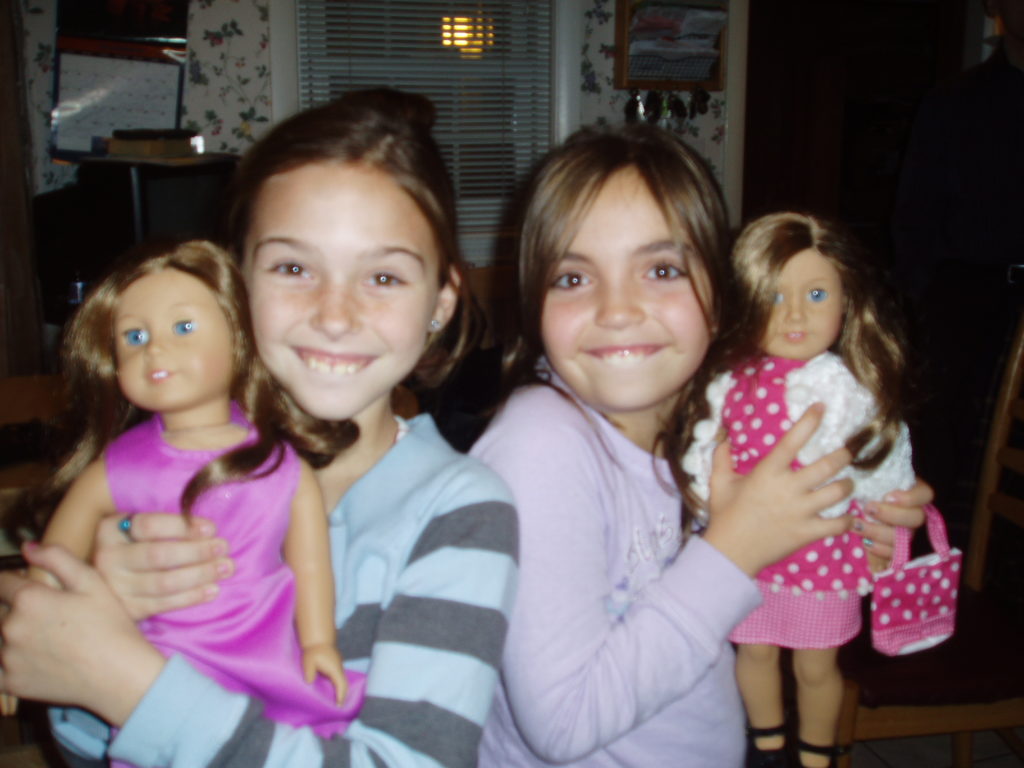How Social Development Fell Behind Last Year and 7 Ways to Help Your Kid Catch Up with Their Peers
As parents, we do our best to ensure our kids don’t fall behind in the “lost year” and yet many parents don’t know what to look for regarding to social emotional development in children, or how to even help if needed.
Age-appropriate social development in children includes taking responsibility for actions, evaluating risks and opportunities, managing emotions, meeting social rules and demands of a situation and controlling impulses.
The give-and-take of in-person interactions of being with others allows children and teens to watch peers and other social models. This enables them to mirror, adapt, engage, and to test out their social approach. Peer feedback, such as “I don’t like that,” teaches us how to understand unspoken social rules, interpret which behaviors helps us fit in, and how to cooperate, negotiate, and cope with disappointments. This social and emotional development process is very interactive. Without meaningful and regular interactions, children do not advance their social development and may develop social anxiety. Everyone’s social skills have become rusty, but children have been particularly affected. (The Rusty Social Skills Bundle includes everything kids need for social skills development) .
HOW TO Evaluate, Detect and Support Children with Social Developmental Gaps
Pressuring or cajoling a child to become a better playmate will not work. I recommend working with your kid to identify their own unique brain wiring—they must learn to figure out what’s holding them back and then how to do something about it.

To start, watch your kid with others. Can they make new friends? Can they adapt to different people and situations? How do others react to your kid? Are they able to reach out and join a group in an age-appropriate way?
Is this Normal?
If your child or teen doesn’t choose to interact with friends, seems immature, struggles to make conversation, stomps around the house sullen or spends all day on video games rather than homework, we wonder, “Is this normal?”
As a child developmental expert, I am often asked if the delays, outbursts and withdrawals are due to social, emotional or behavioral delays or if it is normal child development progression? I think a sizeable social shift has occurred and our children must learn to hurdle these palpable social and emotional skills gaps.
Parents can get stuck in the loop wondering if their child can’t – or won’t – try to adapt socially. You may question whether your child is keeping up with peers. If your child or teen had struggled with social anxiety or social inclusion before, the past year may have deepened these concerns. Every child wants to succeed. Every child wants to “grow up” and develop the mastery to be a capable human being. Kids reach milestones at different rates, but when children do not have skills in line with their same-aged peers, then they may need support and direct instruction to help them reach those social developmental milestones.
7 Social Development Skills Your Kid Needs to Be Successful
I highlight some of the important social traits we all need to work on below. For greater, in-depth information, head over to Why Will No One Play with Me? and follow the page reference numbers included with each bullet:
- Manage emotions – Help your child recognize the body signals associated with “big emotions.” Disappointment is tough for all of us, but without coping techniques, it is far too easy to become overwhelmed. (Pg. 141, 259-261)
- Read the room – Help your child pause and evaluate the vibe and tone of the surroundings when entering. Is the environment formal or informal? Do you know anyone? Does it look like fun or work? Are there expectations of your role and how you should join in? Work with your child to recognize what they might need to do to adjust their energy, level, tone, or expectations to match the setting. Practice guessing how others might expect them to behave in this setting. (Pg. 159-161)
- Approach the group – This may be one of the harder things for child to learn. Introducing themselves first, starting a conversation, or answering questions can be painful for a shy or anxious child. Explain that a smile and friendly acknowledgment can be enough to signal to another person that you’re sociable. (Pg. 151-154 My Way or The Highway)
- Adapt to social cues and unspoken rules – Verbal cues might seem easy, but they require that one pays attention to what others are saying, which can be challenging if your child routinely tune out others and prefer to stay tuned into their own thoughts. (P. 47 – p. 120.)
- Walk in someone else’s shoes – Help your child understand that every behavior and every action makes an impression on others, and they operate and react to you based on those impressions. It is important to understand another person’s motives in order to better adapt behavior. (Pg. 226-227)
- Be flexible and adaptive – Compromise is an essential social role. Sometimes they need to place others interests above their own. If you child is particularly argumentative, the exercises in “Rule Police” may help. (Pg. 144-147)
- Know your audience – Work with your child to adapt tone, stories, and content depending on the age and interests of those around them. This includes recognizing and filtering what is meant for public or private ears. Rude or impulsive comments can ruffle feathers and hurt feelings. (Pg. 175-189)
Chances are your child faces some challenges in at least a few of these essential social skills – and that is where you come in. Coaching conversations, skill-building lessons, practice, and problem-solving strategies are going to give your child the skills and confidence needed to change behavior.
For scripts, tools, advice and actionable exercises on helping children develop social skills, check out Why Will No One Play with Me? and HowToSEL – Everyday SEL coaching monthly subscription for parents.
Social Skills Deeper Dive
More actionable advice, exercises and videos can be found in the Store
Rusty Social Skills Bundle – Everything you need to help students return to the classroom for the development of critical social skills.
How to Read the Room as an Adult – Managing perceptions and engaging successfully
How To Improve Social Skills In The Workplace
Wanna Make More Friends? Learn How to Make Small Talk
Coaching Conversations Video Course – How to use the lessons in Why Will No One Play with Me? in everyday life using real people and real scenarios
From “Hi” to a Full Conversation – How to adapt conversation starters to initiate small talk.
Joining a group Infographic – Make joining a group less intimidating – and more fun!
Building a Conversation Infographic – Learn how to engage in reciprocal give-and-take
Steps for Joining a Group Video – Step by step details to comfortably and successfully join a group
How to SEL – HOW TO help children build social skills
How to Help the Socially Awkward Kid – Post navigation



